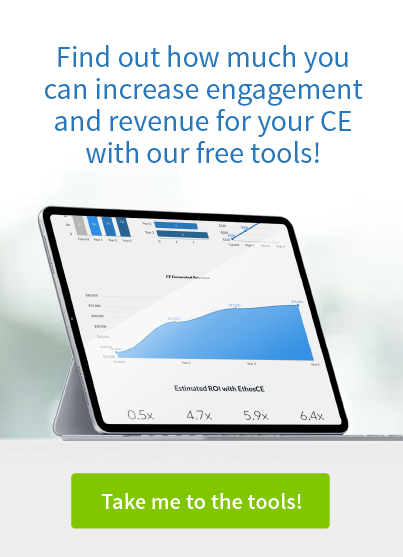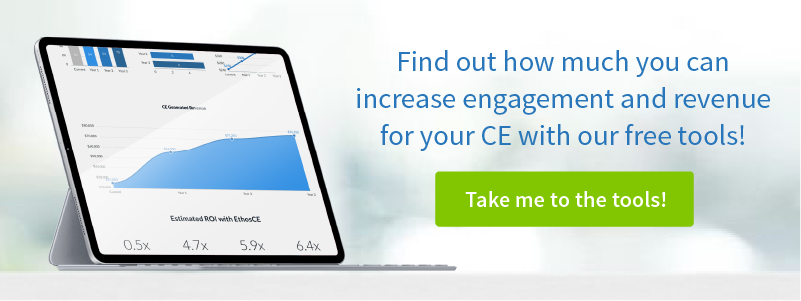Physicians, eCME, and Web 2.0
Physicians are often unfairly labeled as “slow-adapters” when it comes to using the Web for continuing medical education and professional networking. While we all would like to see the medical profession more engaged in e-health, I believe that much of that sentiment is a relic of the dot.com years when everyone raced to the Web to provide eCME without giving much thought to sound instructional design, user-friendly technologies, or the availability of Internet access in the clinical setting. Similar to other industries, the result was to be expected: low utilization and uptake.
Today, the evolution of the Web into a “read/write” medium, improved “best practices” within elearning, and the ubiquitous nature of broadband technology are providing fertile ground for innovation within online CME or eCME. And, contrary to popular belief, the demand among physicians is rapidly growing as well. The Datamonitor report entitled “CME: Leveraging Online Continuing Medical Education as a Channel of Influence” reported that “eCME is in high demand, with 87% of surveyed physicians in the US and an average of 94% of physicians in western Europe reporting that they would like to participate in eCME in the future.” The report goes on to say to that some of the primary barriers to eCME in the past have been lack of awareness, time, and poor application design. So, if you don’t tell anyone about your program and you produce user-antagonistic software, why should would one expect success? Hmmmm.
Recently, I came across an interesting report by Mahattan Research (2007). The report, entitled “Physicians and Web 2.0: Five Things You Should Know about the Evolving Online Landscape for Physicians” describes how physicians are using Web 2.0 technologies, such as blogs, podcasts, and online communities, for professional development and networking.
A few highlights:
- 300,000 physicians use blogs for any reason and 25,000 using them for professional education.
- Physicians who author a blog tend to be older with more professional experience.
- 100,000 physicians are loyal podcast users. Podcasts are focused on clinical news and specialty updates.
- 245,000 physicians contribute content or participate in an online community. Another 110,000 physicians are interesting in starting to participate.
While the report is brief, it does provide some general descriptive data about how physicians are using the Web in 2008. The report is based upon a random sample of 1, 353 practicing US physicians.
 We're now part of the Cadmium product suite! Learn more
We're now part of the Cadmium product suite! Learn more 

